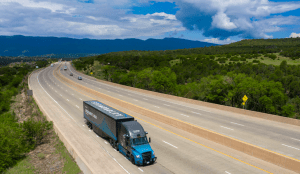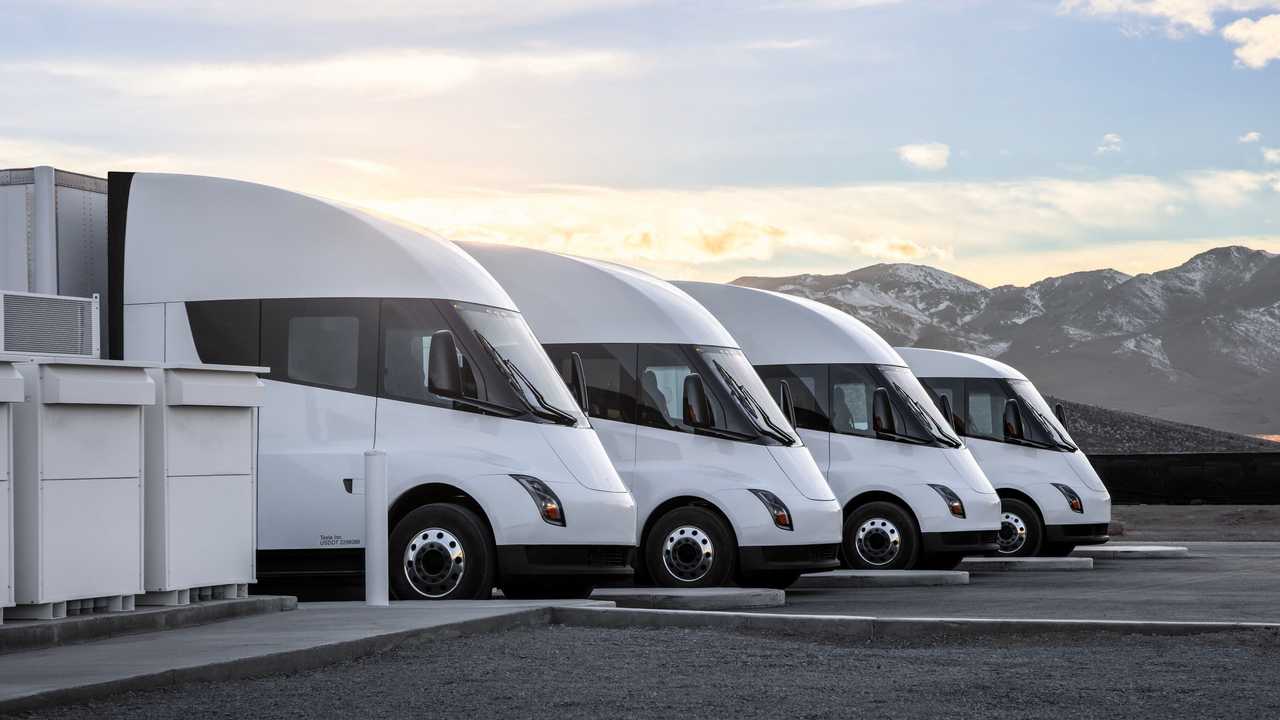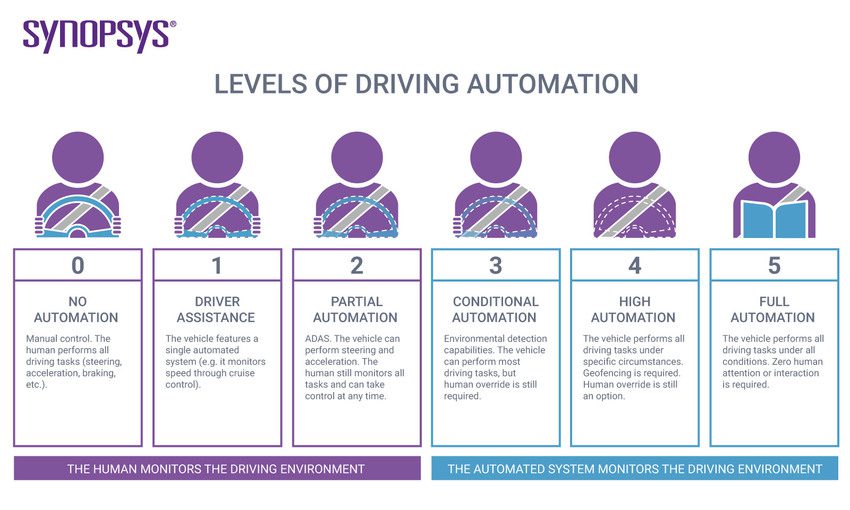Just how soon is an autonomous truck showing up at my gate?
Well-funded startups and tech giants like Tesla and Google are all vying for pole position in the race to transport freight with autonomous trucks. Multiple companies are currently building and testing self-driving trucks in the real world at Level 3 & 4 vehicle autonomy. Critics decry autonomous vehicles as unproven and unsafe. Government officials have said U.S. policy has not kept pace with technology. Unions and labor groups say driverless trucks could take 500,000 human jobs.
Meanwhile, the American Trucking Association (ATA) estimates the industry is short 80,000 drivers and that number could double by 2030. Could autonomous trucks fill that gap in the near future? Only time will tell so in an effort to track progress, here is a list of companies looking to get a robot rig on the road.
Aurora
In January of 2021, Aurora entered into a global strategic alliance with Paccar, owner of Kenworth, Peterbilt, and DAF truck brands. Aurora has done extensive highway testing between Houston and Dallas with a Peterbilt Model 579 at SAE Level 3. In the back half of 2021, the company began taking commercial loads with FedEx and Uber Freight with a 100% on-time rate. They also began a pilot program with Werner Enterprises in January 2022, testing the Aurora Drive system from El Paso to Ft. Worth.
Aurora has raised $2.1B with Amazon included as an investor. They have also partnered with Volvo North America to build commercial Level 4 Class 8 trucks and have partnerships in place with Toyota and Uber with plans for future moves into automotive and ride-sharing.
Daimler Truck/Torc Robotics
 Three years ago, German car manufacturer Daimler invested $573M into a “global push to bring highly automated trucks (SAE Level 4) to the road within a decade,” while also acquiring a majority stake in Torc. The robotics company has successfully completed Level 4 testing and formed the Torc Autonomous Advisory Council (TAAC) with North American partners like Schneider, Penske, and C.H. Robinson.
Three years ago, German car manufacturer Daimler invested $573M into a “global push to bring highly automated trucks (SAE Level 4) to the road within a decade,” while also acquiring a majority stake in Torc. The robotics company has successfully completed Level 4 testing and formed the Torc Autonomous Advisory Council (TAAC) with North American partners like Schneider, Penske, and C.H. Robinson.
Plus (Formerly Plus.ai)
Founded in 2016 by Stanford classmates, the Cupertino-based company has raised $690M in funding, with $420M of that coming in 2021. Last June, Amazon ordered 1,000 systems and has the option to buy as much as a 20% stake in the company. The company has tested its PlusDrive solution and Level 4 autonomous driving technology, both with and without a driver onboard, in at least 17 states as well as Europe and China, where it has an R&D facility.
Kodiak Robotics
Kodiak completed an oversubscribed Series B fundraising round of $125M in November for a total raise of $165M. The company has partnered with carrier U.S. Xpress to pilot Level 4 autonomous freight service between Dallas/Ft. Worth and Atlanta beginning April 2022. Kodiak has been delivering freight daily between Dallas and Houston since 2019 and Dallas and San Antonio since 2021. Dallas to Oklahoma City was added in February 2022.

Four Tesla Semi trucks charge at the Nevada GigaFactory. (Source: Tesla)
Tesla
Besides being 100% electric, the Tesla Semi is planned to be the first fully autonomous Tesla vehicle. The trucks are currently in low-level production at the Gigafactory in Nevada. While Tesla did not share any Semi news at their most recent earnings call, PepsiCo is expecting their first delivery of Semis by the end of 2022 at a FritoLay facility.
TuSimple
On December 22, 2021, TuSimple took the lead in the AV race as the first and only company to operate a heavy-duty truck on public roads without a human in the vehicle and no human intervention. The “driver out” run operated within a defined route and conditions between a rail yard in Tucson and a distribution center in Phoenix. TuSimple raised $648M prior to its $1.35B IPO in April of 2021. The company is backed by Amazon, Volkswagen, Werner Enterprises, Penske Logistics, the U.S. Postal Service, and Union Pacific. Amazon and UPS have both pre-ordered TuSimple trucks manufactured by Navistar.
 Synopsis explains the 6 levels of vehicle autonomy.
Synopsis explains the 6 levels of vehicle autonomy.
Waymo Via
The trucking and cargo transportation unit of Waymo, a subsidiary of Google-parent Alphabet, partnered with Daimler Trucks NA in 2020, made deliveries for UPS in 2021, and advanced its relationship with J.B. Hunt from pilot partner to long-term strategic alliance in early 2022. The Waymo-J.B. Hunt pilot saw a Waymo Peterbilt test fleet and Waymo Driver deliver over 800,000 lbs of freight between Houston and Ft. Worth with 100% on-time delivery and 100% freight intact, with zero speeding or safety issues. The pilot runs had both a driver and software engineer onboard. As part of the agreement, J.B. Hunt will be Waymo’s first customer with fully autonomous, driverless freight routes, which are expected in the next few years. According to Crunchbase, Waymo has raised $5.5B to date.
Alternative Autonomous Trucking Approaches
Other approaches include Peloton, Embark, and Einride. Peloton developed the technology where one driver can control two trucks. Dubbed “automated following” with their PlatoonPro product, the second truck is considered Level 4 autonomy as a truly driverless truck. Embark considers itself a software company and has outfitted Knight-Swift with a small number of Kenworth trucks with its self-driving technology. Einride is advancing electric and self-driving trucks along with remote operation.
One side note. A study from the University of California, San Diego states that simple mechanical consistency of applying the gas pedal could reduce the sector’s overall carbon footprint by 10%.
With all the facts and figures and pilot programs, the answer to the original question of when this is happening is still fairly vague. “In the next few years”, is about as specific as any published article or press release will dare to get. The timing relies heavily on the government. Transportation Secretary Pete Buttigieg believes, “we’re going to see very meaningful developments here in the 2020s,” but admits regulation is not keeping up with innovation. In addition, the general public must be at ease with a 40-ton driverless truck rolling down the highway, despite 94% of all traffic accidents caused by human error.
What’s your prediction? Email editor@warehouserevolution.com and share your thoughts.


